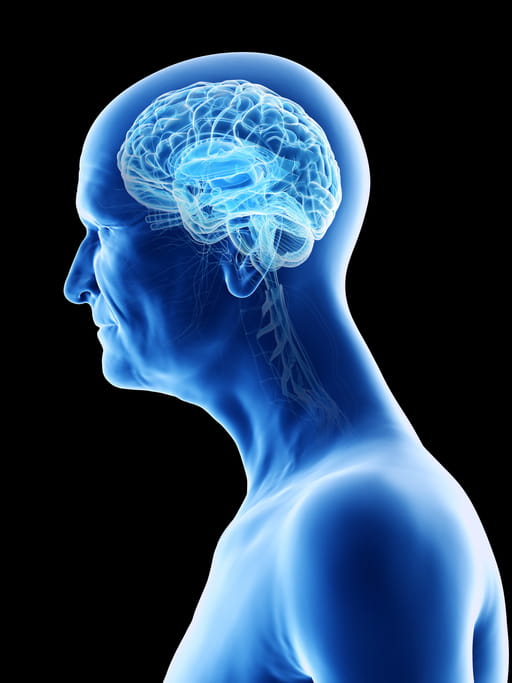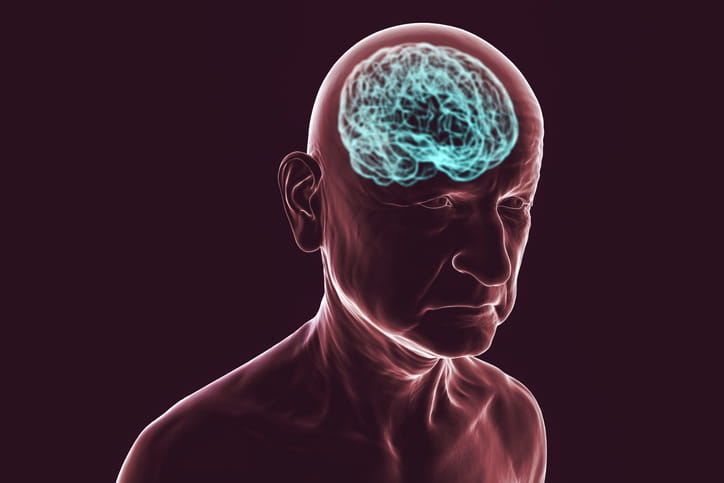Dementia, an umbrella term for severe memory loss and cognitive decline that interferes with daily life, happens because of physical changes to the brain.
 However, what causes those changes can vary greatly among people suffering from dementia. Dementia can be caused by disease — Alzheimer’s disease is the most common — secondary conditions and even medications or toxins.
However, what causes those changes can vary greatly among people suffering from dementia. Dementia can be caused by disease — Alzheimer’s disease is the most common — secondary conditions and even medications or toxins.
Risk factors, such as family history and age, also play a role in whether someone develops dementia, and no two people exhibit the exact same symptoms.
That’s why the memory disorder experts at The Ohio State University Wexner Medical Center can be such a resource for someone with dementia and their family. Not only can we help identify specific causes, leading to better treatments and outcomes, but we can also catch symptoms in early stages with hopes of minimizing or slowing the damage to the brain with medication or therapies.
What are risk factors for dementia?
Just like with any condition, it’s important to know your risk factors for it. That way if you can make lifestyle changes to impact the disease’s effect on you, you’ve got time to do so.
Still, there are some risk factors you can’t control.
Risk factors for dementia include:
- Age
- Family history
- Down syndrome – people with Down syndrome often end up with early onset of Alzheimer’s disease by middle age
- Diet and exercise
- Excessive alcohol use
- Cardiovascular issues – these include high blood pressure or cholesterol, obesity or plaque buildup in your arteries
- Depression
- Diabetes
- Smoking
- Traumatic brain injury
- Sleep disturbances
- Nutritional deficits
- Medications – examples include certain over-the- counter sleep aids as well as sedatives and medications to treat urinary urgency
Causes of dementia
 The most common cause of dementia is Alzheimer’s disease, which occurs when high levels of proteins inside and outside of brain cells damage them and make it more difficult for the brain cells to communicate with each other.
The most common cause of dementia is Alzheimer’s disease, which occurs when high levels of proteins inside and outside of brain cells damage them and make it more difficult for the brain cells to communicate with each other.
There are other ways the brain can become damaged, too.
Dementia causes are typically grouped into three different varieties: primary diseases directly related to dementia (Alzheimer’s disease, frontotemporal dementia), secondary conditions (Parkinson’s and Huntington’s diseases) and reversible illnesses (vitamin deficiency, normal-pressure hydrocephalus).
Direct damage to brain, such as a stroke or traumatic brain injury, can also bring about dementia-related symptoms.
